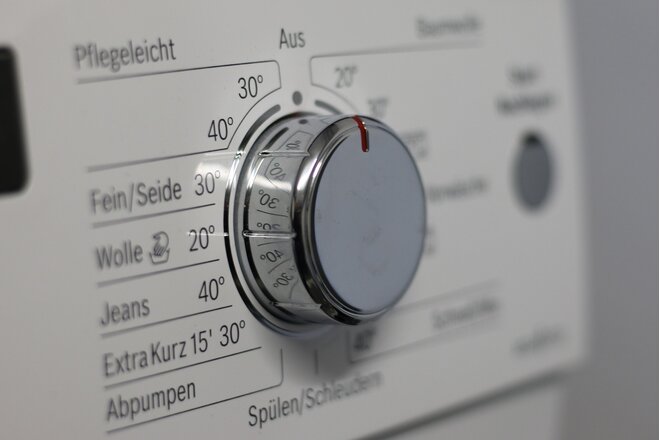12.02.2021 05.54
- Links und Text angepasst
- Satzstellung korrigiert
Neuer Petitionstext:
Synthetic fibers from washing machines make up a large part of the microplastics in the world's oceans.*oceans. [1]
Adapted washing processes (low temperatures, low spin rates) and waste water filters can drastically reduce the number of synthetic fibers in waste water. There are no EU guidelines to limit the amount of microplastic a washing machine is allowed to emit.
The aim of this petition is to ensure that manufacturers of washing machines are involved in the solution of this problem.
IWe, the undersigned, call on the European Commission to add the point "Emission of microplastics" to the energy label of washing machines and to specify limit values for new devices.
Please support this petition with your signature.
Neue Begründung:
In order to reduce pollutant emissions in road traffic, the EU regularly sets stricter limit values - and vehicle manufacturers have to adhere to them.
This is different with household appliances. The EU does indeed have the energy label. This certifies that household appliances work particularly efficiently and thus consume little electricity and water. This is a good decision-making aid for customers - as these devices save money in the long term - and at first glance they are even good for the environment.
However, washing machines emit hundreds of thousands of synthetic fibers with each wash cycle. Multiplied by billions of wash cycles worldwide, this results in a gigantic amount of microplastic that reaches rivers, lakes and seasoceans almost unfiltered via sewage. Day after day, year after year.
Synthetic fibers from washing machines make up a large part of the microplastics in the world's oceans nowadays!
And once it arrives in the food chain, sooner or later it ends up on our plate.
*[1] Source: web.archive.org/web/20190622202949/http://fcsrovaltain.org/assets/plastics-rapport-uicn-2017.pdfIUCN (pagePlastics Report (Seite 34)
Weblinks:
www.youtube.com/watch?v=BqkekY5t7KYVideo: The Story of Microfibersstopmicrowaste.com/en/tenfortheoceanWashing Guide: Ten for the Oceanen.guppyfriend.com/Washing Bag against microplastic pollution: Guppyfriendlife-mermaids.eu/en/https://bluethefilm.org/Movie tip: Blue - The Film
Unterschriften zum Zeitpunkt der Änderung: 11



